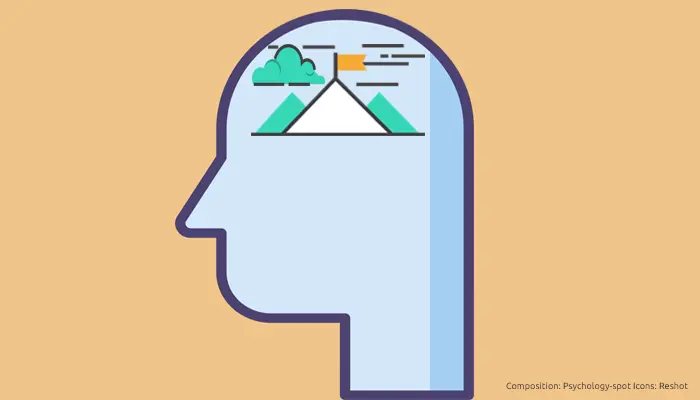
One of the worst traps we can fall into is to hope that people act as we do. In fact, this is the origin of many of our problems, and often of our biggest disappointments. We expect people show the same level of sincerity, commitment and maturity, and we feel bad when we see they don’t.
The deadly trap of unrealistic expectations
We all have expectations, especially regarding interpersonal relationships. Fathers and mothers expect their children to be considerate and respectful, couples expect the respective partner will love them and be faithful and friends expect we support them in every situation. Over the years we have built a network of expectations we passed on to others. And of course, we carry on our shoulders the expectations of the others.
In fact, sometimes we are so involved in the network of expectations we have built to believe that what we think, feel or do is the norm. We believe that everyone should act, more or less, as we do, and if they don’t we judge them harshly, we get angry and feel deeply disappointed.
The main problem of thinking that everyone should act as we would do is that we’ll finish frustrated when realizing that reality doesn’t match our expectations. Therefore, feeding expectations is the most direct and fastest way to become unhappy.
Expectations are like a bet that we are sure to win
Expectations are nothing more than assumptions about the future, it is as if we were betting that something will happen. But, as with gambling, there is always a possibility that what we desire won’t happen. The problem is that we never consider this possibility, so we are disappointed when we find we lost the bet. But we cannot blame others to disappoint us, in any case, we should give ourselves the “responsibility” of expecting too much from them.
Obviously, we can’t get completely rid from our expectations. This is not the goal. In fact, there are certain expectations that are “understandable”, as expecting that our children respect us or that our partner will compromise with the relationship. These expectations are, in a sense, the pillars upon which are based the healthy and positive relationships.
But sometime expectations are unrealistic, too high or without any basis. In this case, we must learn to minimize them by the moment the least we expect, the more we will be able to find and get. This idea has its base in Buddhist philosophy, which refers to the “waiting mind” to denote the suffering people do to themselves filling their mind of preconceived ideas and unrealistic expectations.
At first glance, this idea may seem pessimistic, some may think that it means not to expect anything from life and from people around us, but consists in a diametrically opposed attitude. When we reduce our expectations, but remaining open to the world, without anticipating what will happen, we learn to enjoy more of the here and now.
Minimizing our expectations means, in practice, give to the world and people the opportunity to surprise us. It means assuming a less demanding and more open attitude. In the long run it also allows us to be happier and avoid constant disappointments and frustrations.
How to stop expecting too much from the others?
Rather than expect too much from the others, it would be wiser to expect more from ourselves. People are very complex and sometimes act in an unpredictable way, so to disappoint us, in the same way in which we can disappoint them for a thousand different reasons. Therefore, it is appropriate to assume a more open attitude and reduce the expectations, so to gain in peace and happiness.
1. Accept that no one is perfect, not even you.It is not necessary to assume the role of judge, no one is perfect and have the absolute truth. We accept that we are all people trying to do things as best as we can and mistakes are part of the learning, but sometimes they are painful. Do not judge the others using your own personal meter, especially if you never walked in their shoes.
2. Respect individuality.Reducing expectations also means respecting the identity of the others, give them freedom to act according to their values and desires. People should not behave as you do, and neither follow your rules. What is true for you, it must not be necessarily valid for the others. In fact, when we stop expecting people to be perfect, we begin appreciating them for what they really are.
3. Accept that you do not always have to receive something in return.Often we act as creditors, we think that because we made them some favors, the others are in debt with us. However, if we want to behave well, it’s better we do it because we like to do it and not because we expect to receive something in return. In fact, true happiness is not in receiving but in giving.
4. Assume that your happiness depends on you.Sometimes, having expectations on others means holding them responsible for our happiness. We condition our happiness to their behavior, so we become dependent on their reactions. But we alone are responsible for our own happiness, then, make sure that your expectations are not an excuse to be unhappy.
5. Concentrate on the lesson.If sometime you felt bad because your expectations were not met, take advantage of this alarm signal to check your conscience. Were those realistic expectations? What can you learn from this situation? Take advantage of this “setback” for developing resilience and an attitude that leaves no space to expectations.
In any case, make yours these words of Denis Waitley: “Expect the best, prepare for the worst and be prepared to be surprised.”



